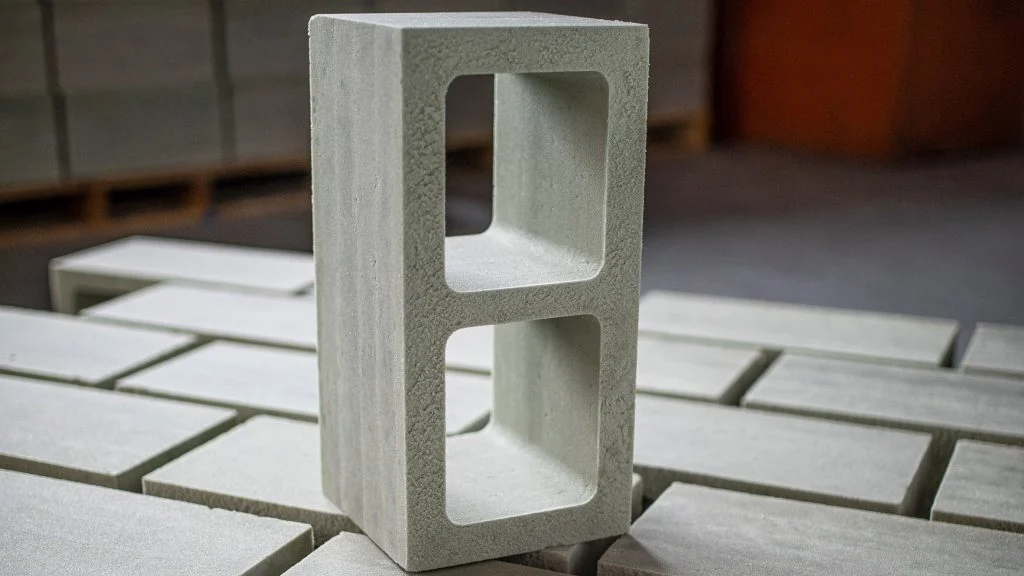As a key component of concrete, cement is an integral part of our everyday lives. It is the one most-used product globally after potable water, and it is used in almost everything we build from buildings and cityscapes to dikes and dams. At the same time, it is also a major contributor to global CO2 emissions. Scientists and governments alike have called for increasingly stringent greenhouse gas (GHG) emissions targets as the consequences of climate change become more apparent. Over the last few years, research from the scientific community, including the latest report from the Intergovernmental Panel on Climate Change, has highlighted the urgent need for all industries and sectors to reduce carbon emissions quickly. The innovations for substitutes of portland cement have been taken seriously across the world. In light of this Prometheus Material has found bio-cement to substitute portland cement.
Carbon-free Biological Binding Agent
Prometheus Materials, a start-up is set to begin producing portland-cement-free “bio-masonry” units to replace embodied carbon-intensive cementitious masonry units..They raised $8 million in series A funding for its algae-based cement. Prometheus Materials was founded, raised seed capital, and licensed intellectual property from the University of Colorado. The firm will use the funds to start commercial production of precast cement-based items such as cinder blocks, roofing tiles, and ready-mix concrete. The company’s photosynthetic biocementation process results in a coral-like material that is as good as Portland cement but has a carbon footprint that’s 90% smaller.
The bio-blocks contain drastically less embodied carbon, owing to a patent-pending photosynthetic bio-cementation process that combines nature’s living microalgae with water, sunlight and CO₂. The secret juice in the block is a biological binding agent, dubbed bio-cement, that replaces all of the portland cement, reducing EC in the material by 90%. The startup has discovered a way to accelerate the bio-cementation] process and create a binding agent similar to the material that coral uses to build reefs and oysters use to generate shells.
“This is a radical departure from standard concrete production,” says Wil Srubar III, co-founder and chief technology advisor at Prometheus. By eliminating portland cement, “we are curing the source of the [embodied carbon] problem in concrete, not the symptoms,” adds Srubar, also a professor of materials science engineering at the University of Colorado Boulder and lead principal investigator of the UC Boulder team that invented the bio-cement, under a $2-million grant from the U.S. Dept. of Defence.
Structural Bio-concrete
The biocement is a hydrogel-based living building material containing bacteria capable of microbially induced calcium carbonate precipitation. LBMs are made by microorganisms.
The product is the brainchild of the four principal investigators of the research at the university, all of whom also are co-founders of Prometheus. The co-inventors, in addition to Srubar, are Mija Hubler, Sherri M. Cook and Jeffrey C. Cameron. The product, with 2,000-psi compressive strength, will be marketed as an affordable, strong and durable near-zero-carbon alternative to portland cement-based concrete masonry units, says Prometheus.
Moving forward
Over the next two years, Prometheus also will use its funding to commercialise other net-zero-carbon building products. These include precast bio-composite elements—a decarbonized alternative to traditional precast portland cement-based roofing tiles, wall panels, sound barriers and other concrete elements.
The company also expects to produce a ready-mixed bio-composite—a decarbonized alternative to traditional portland cement-based ready-mixed concrete.





